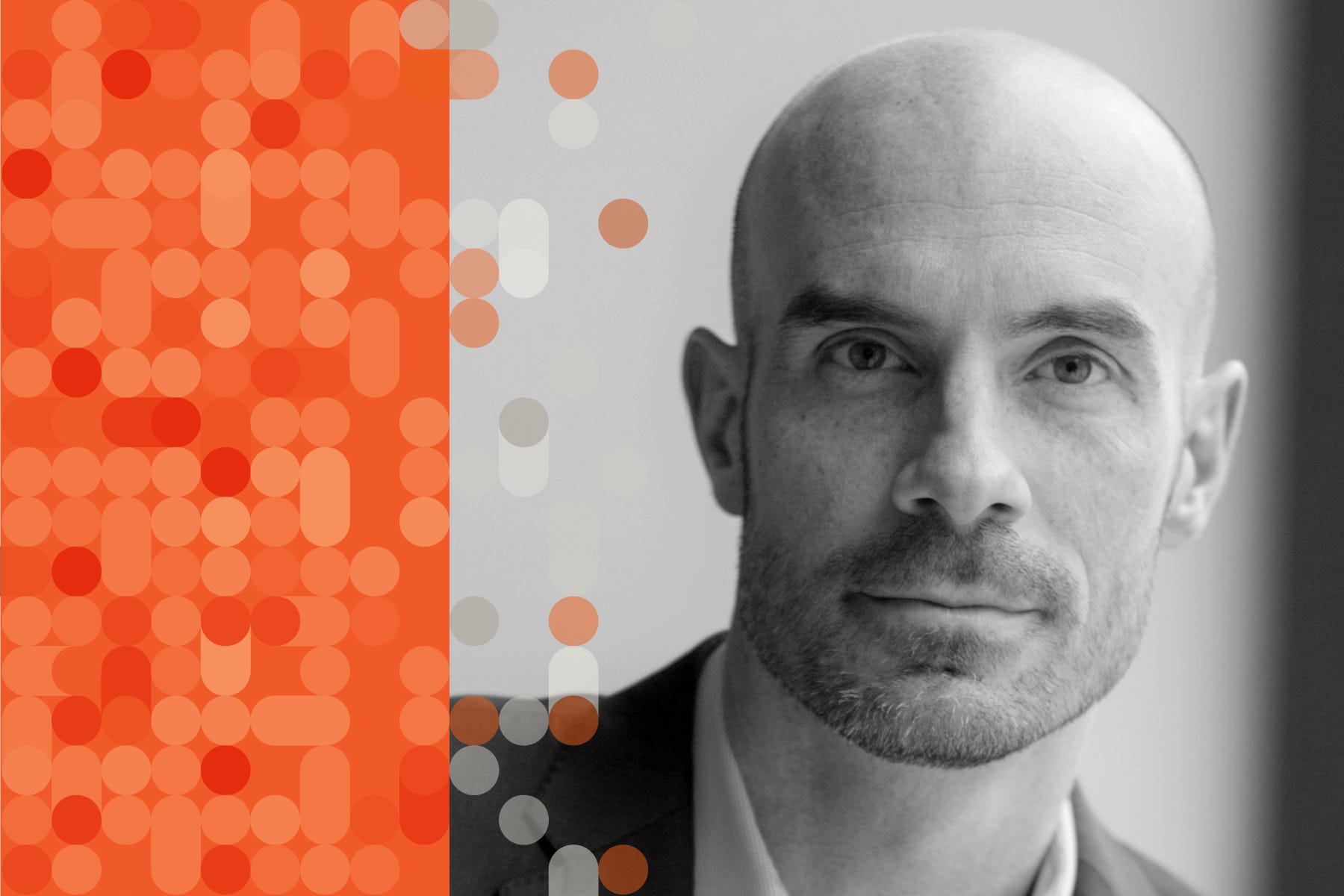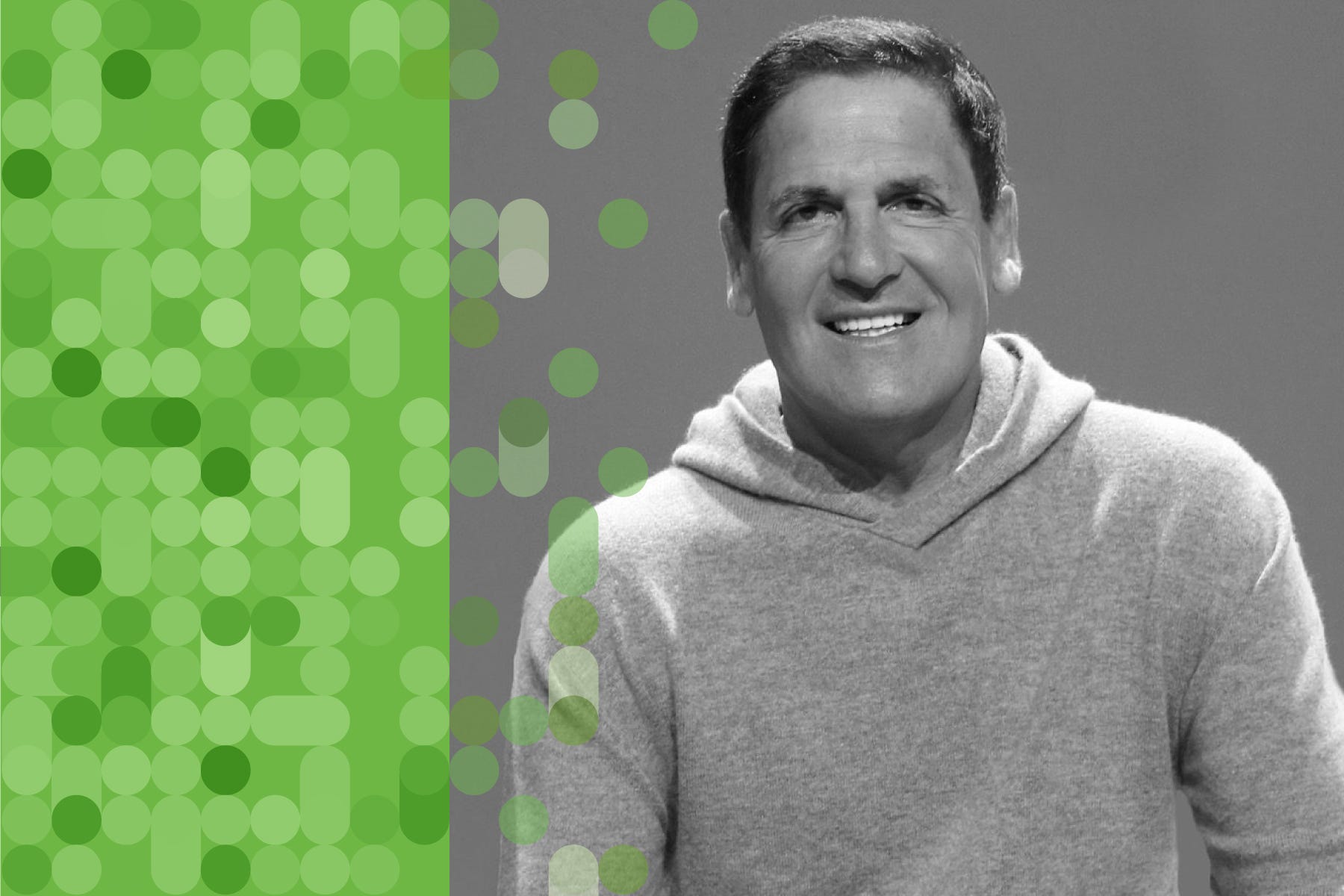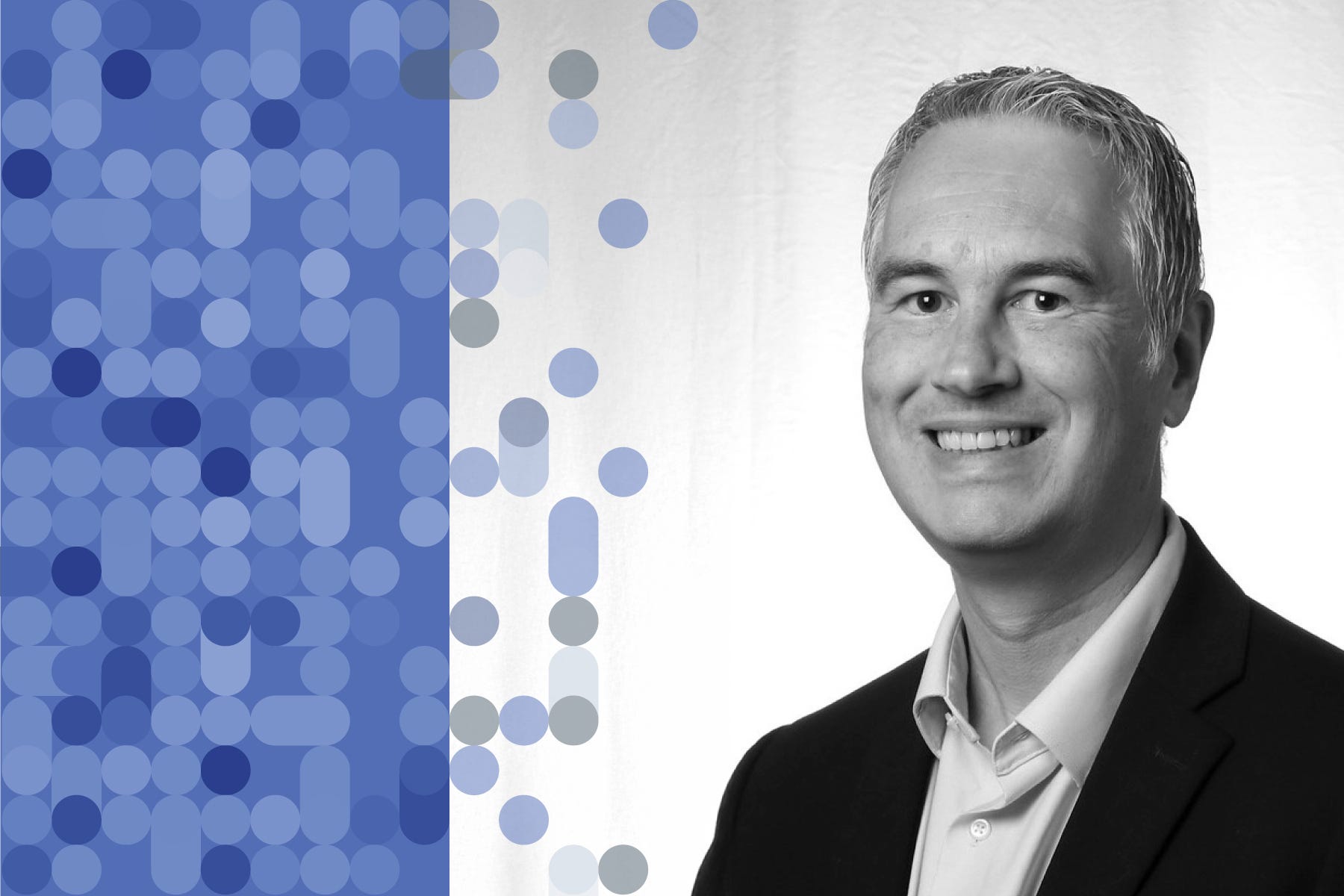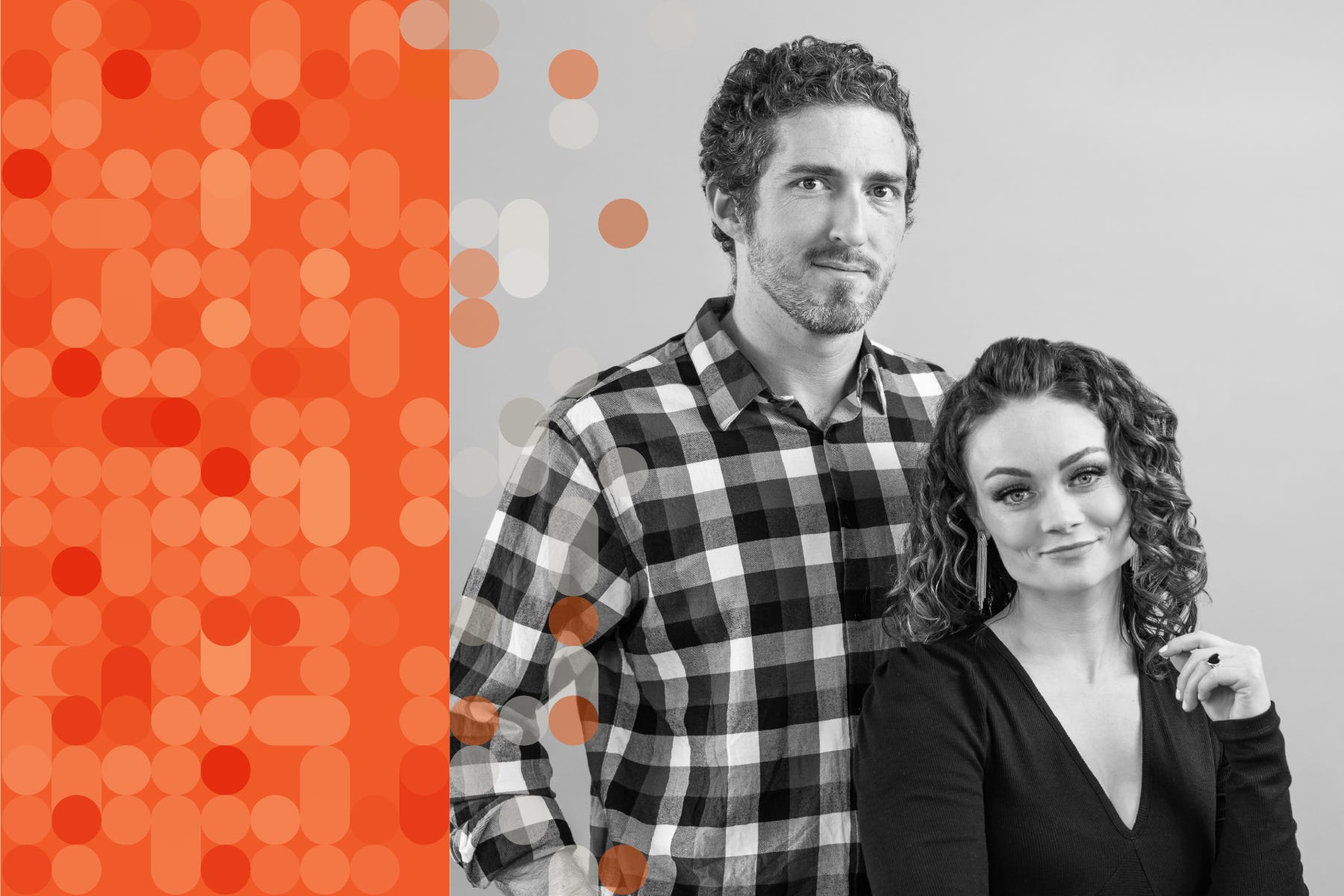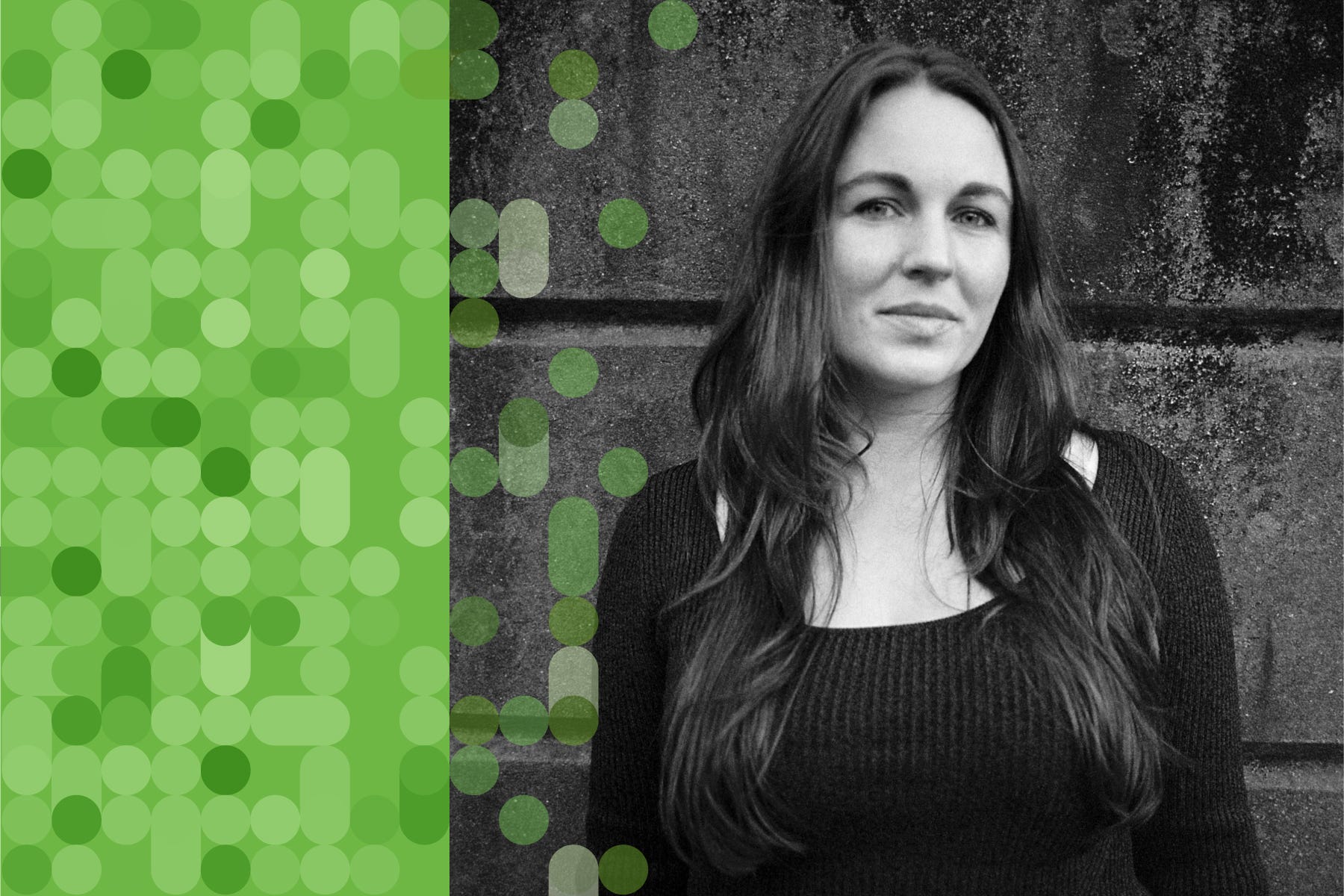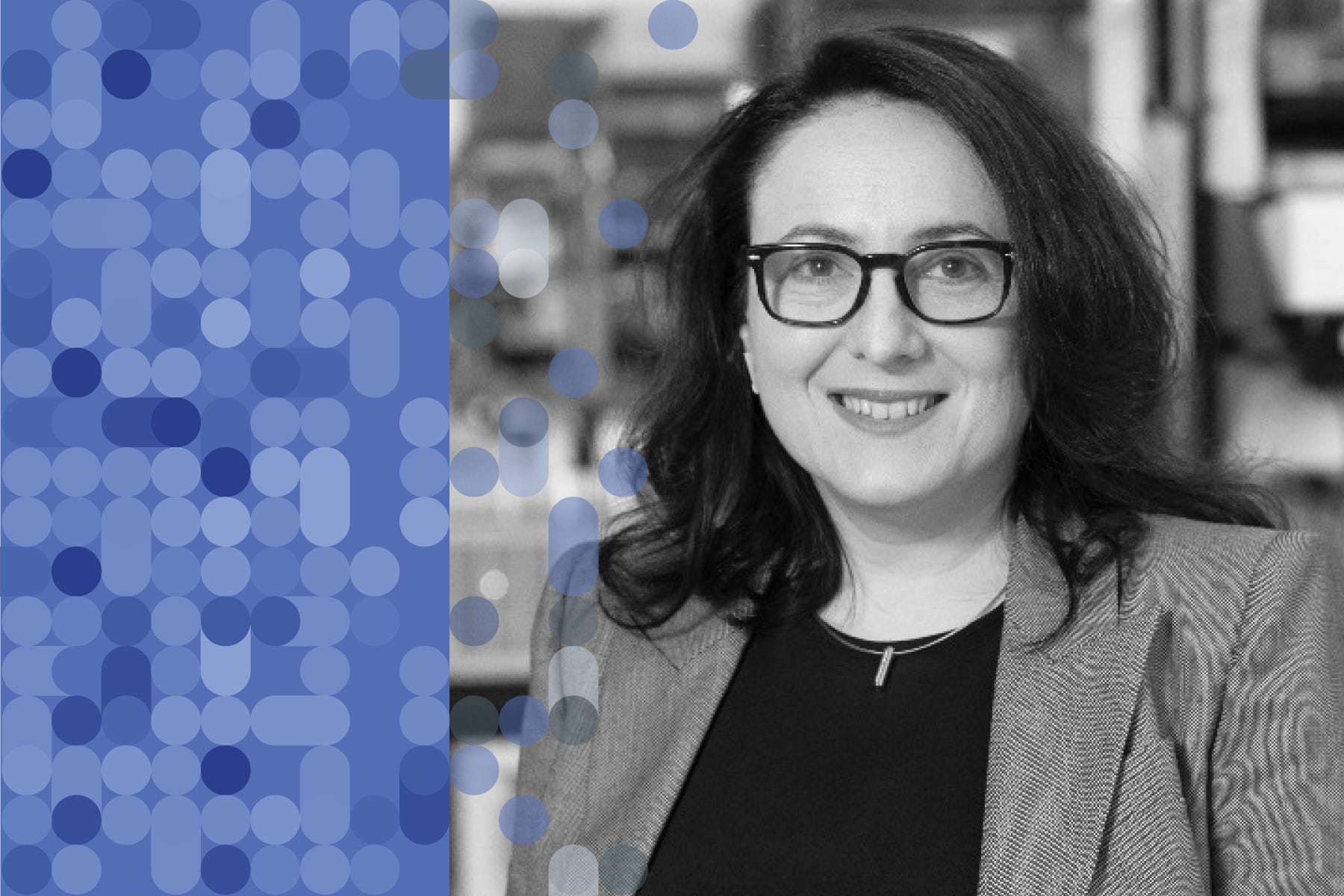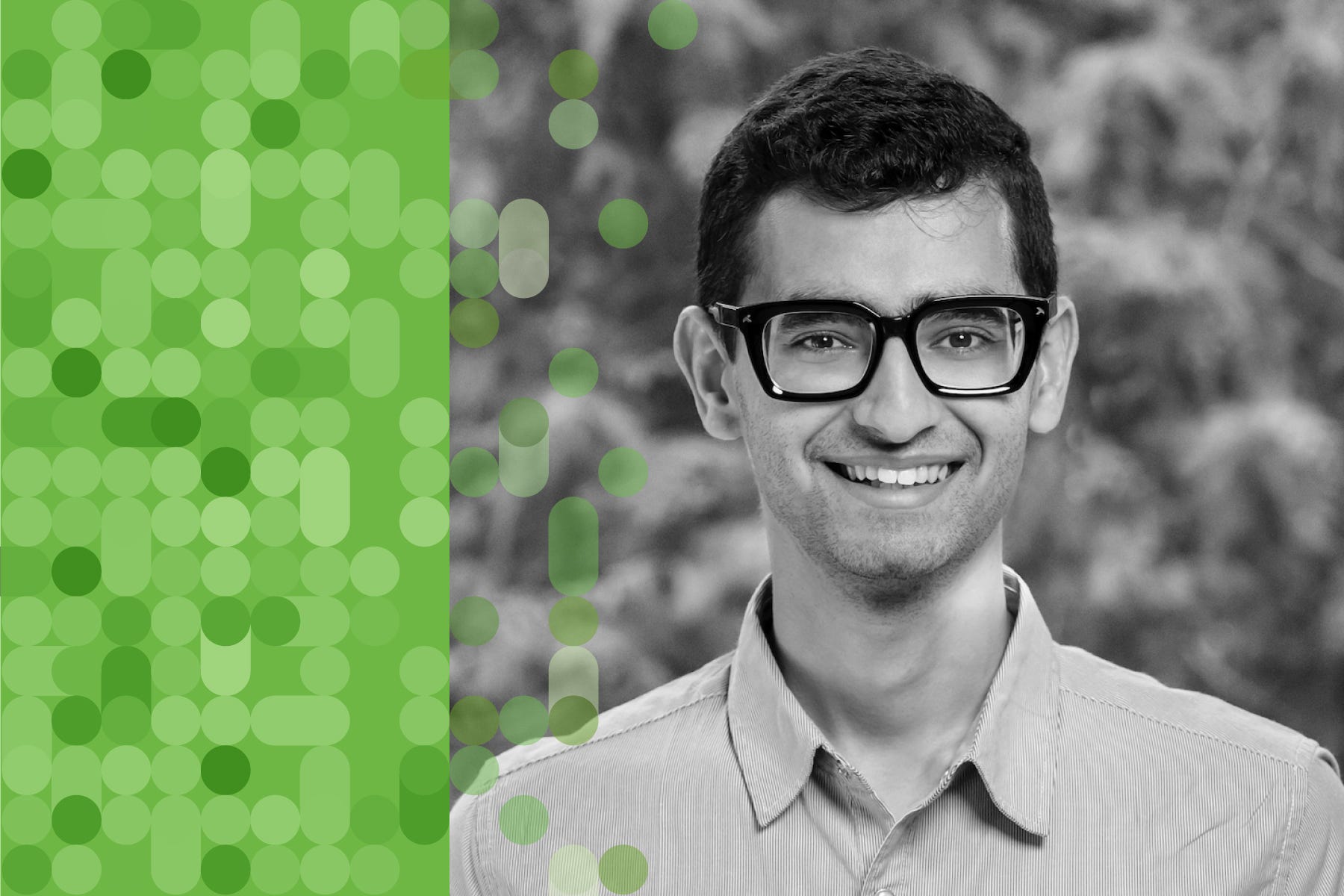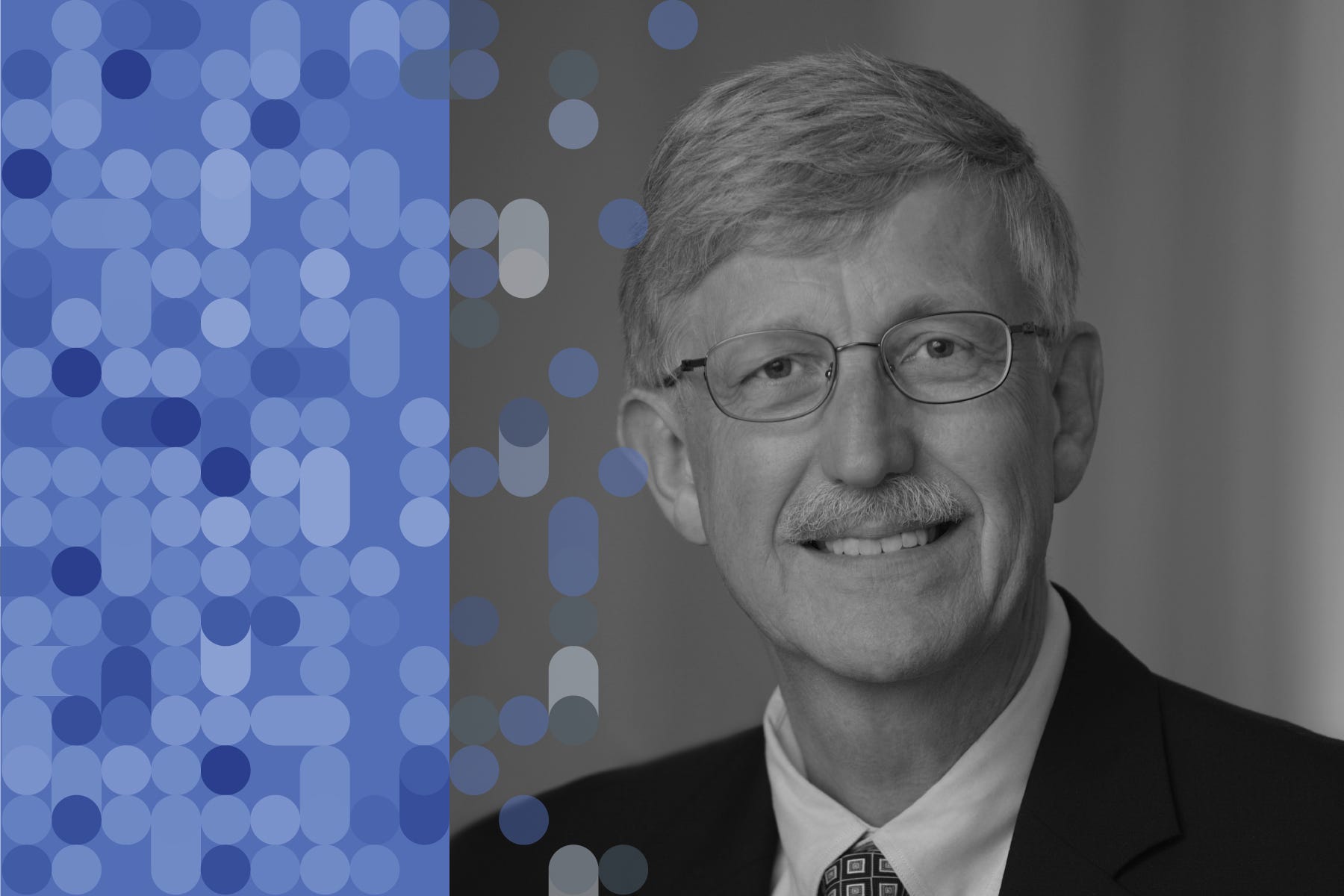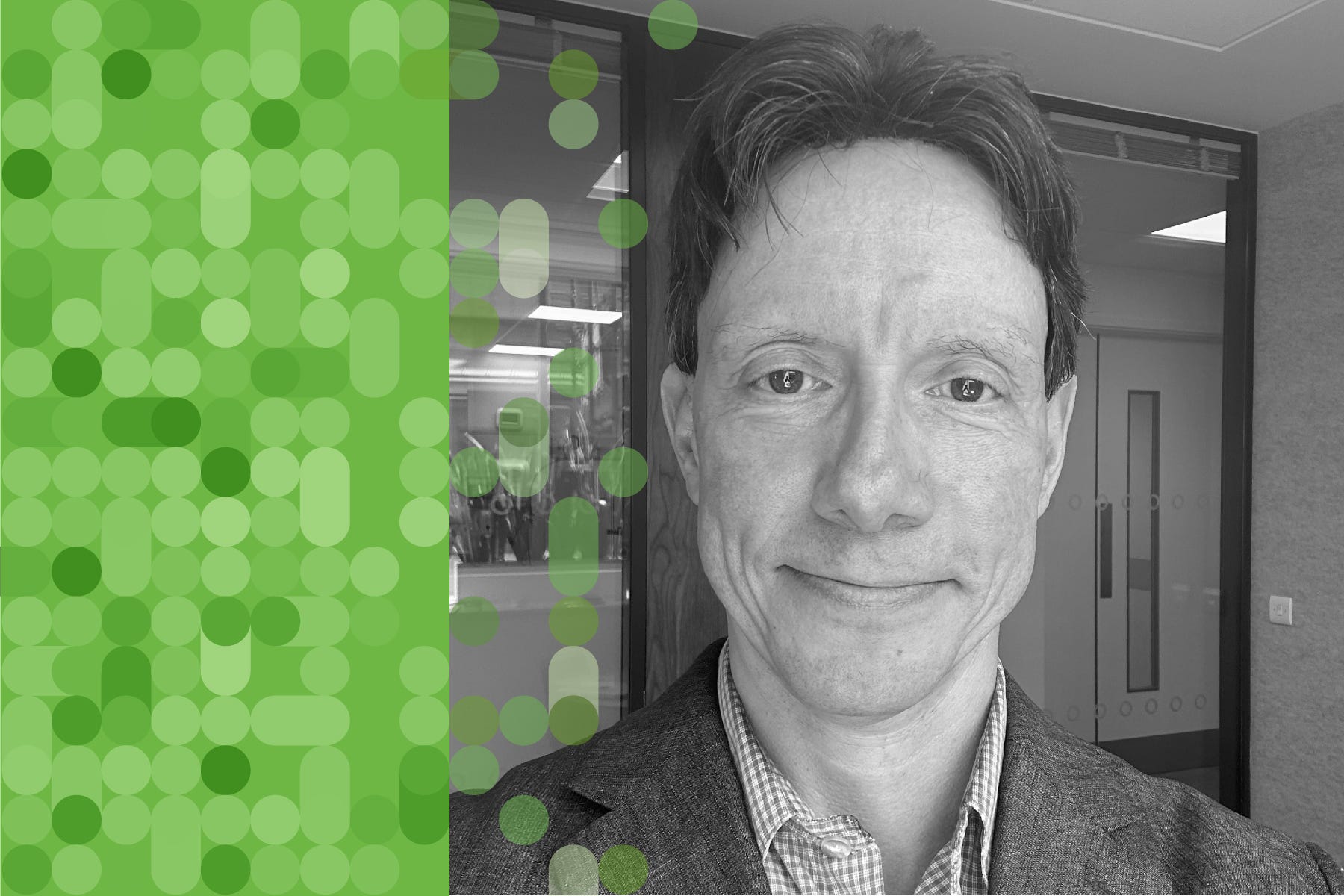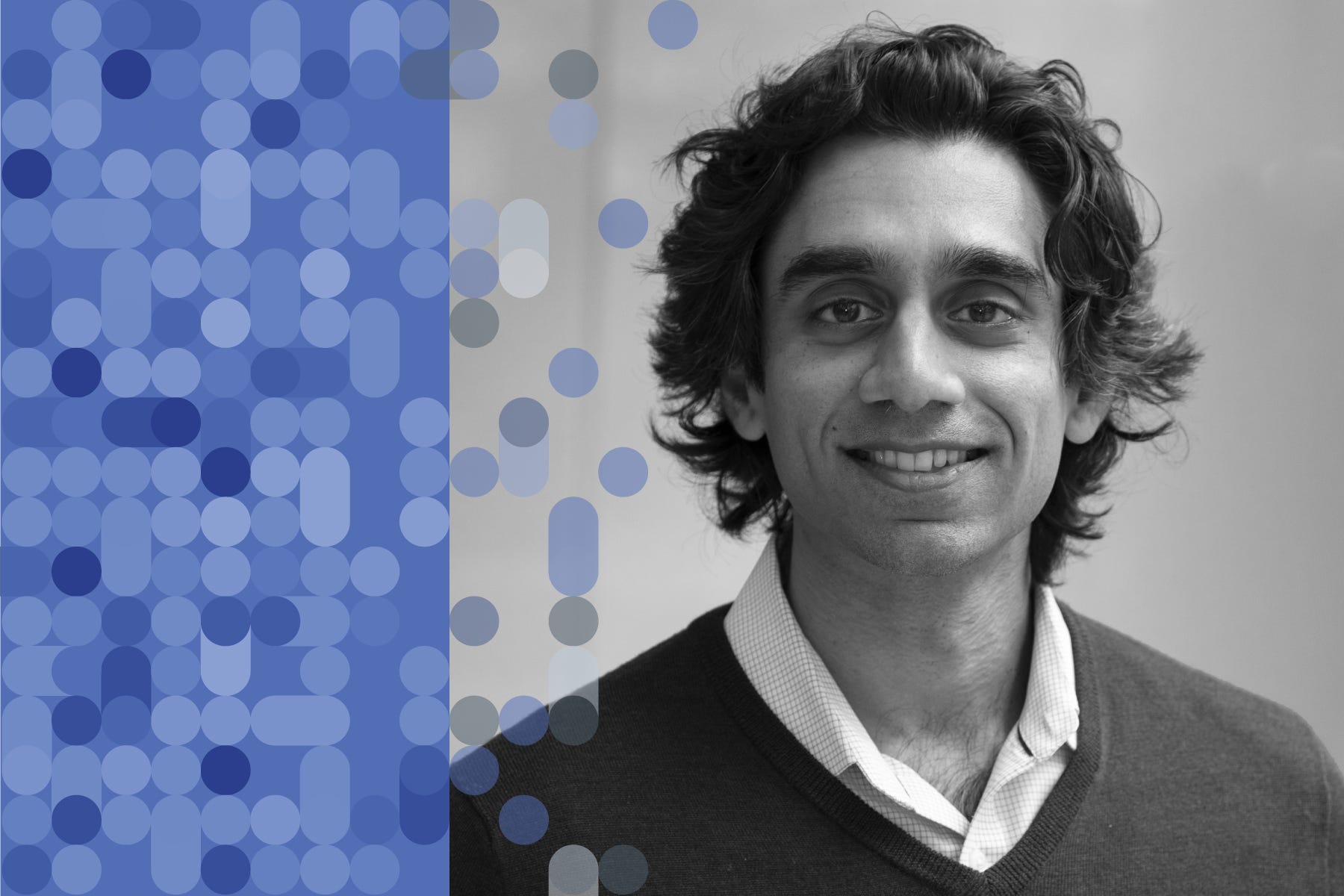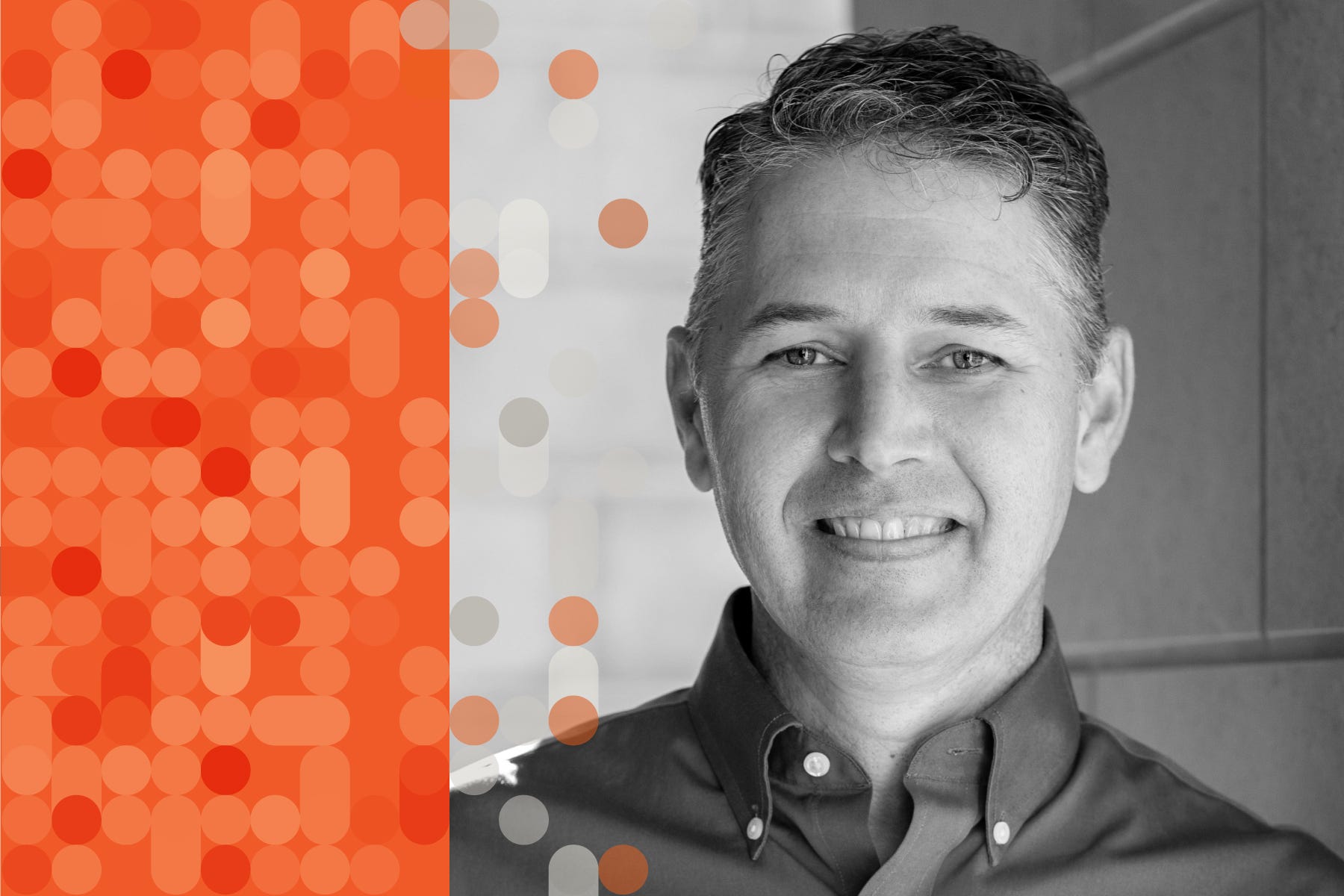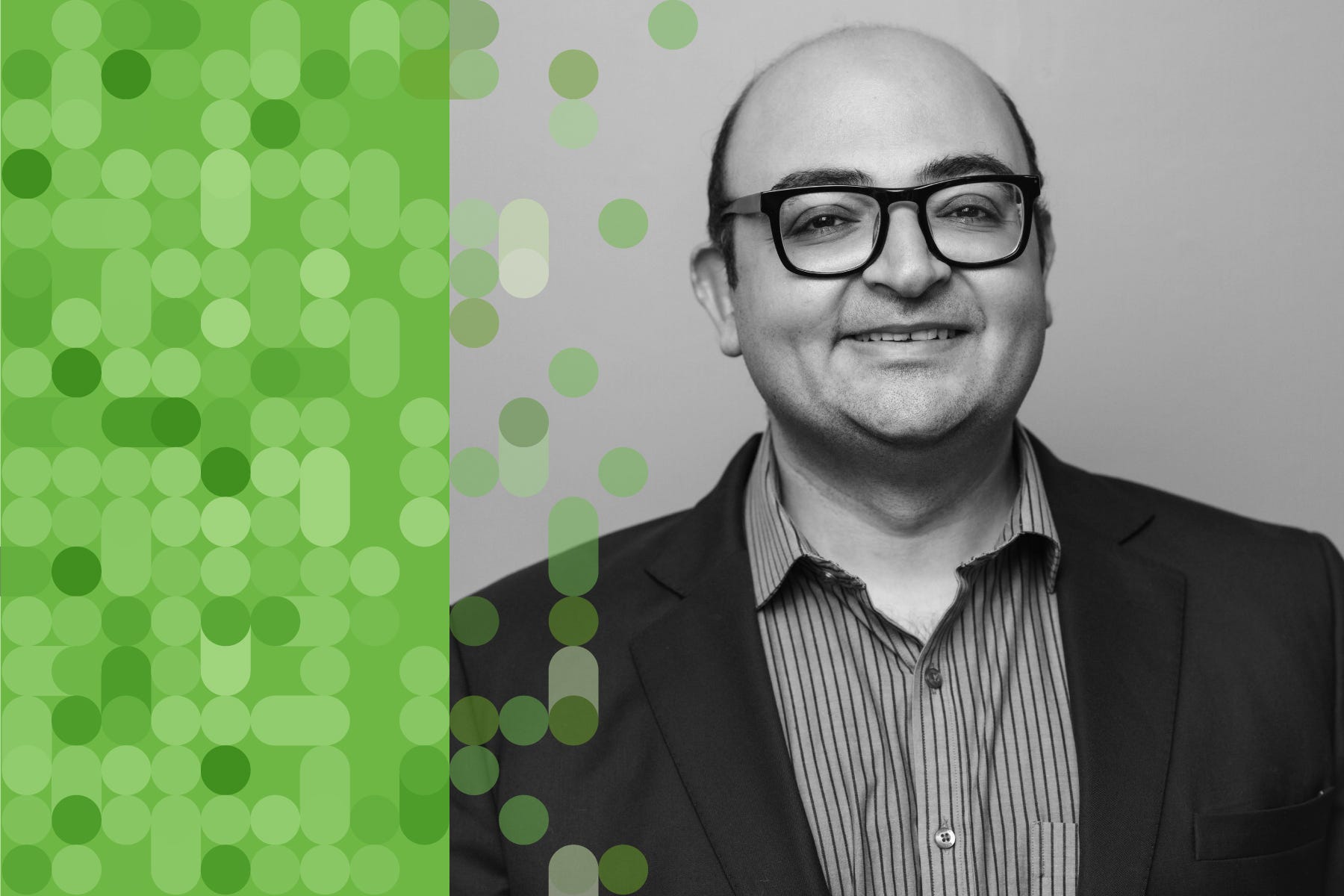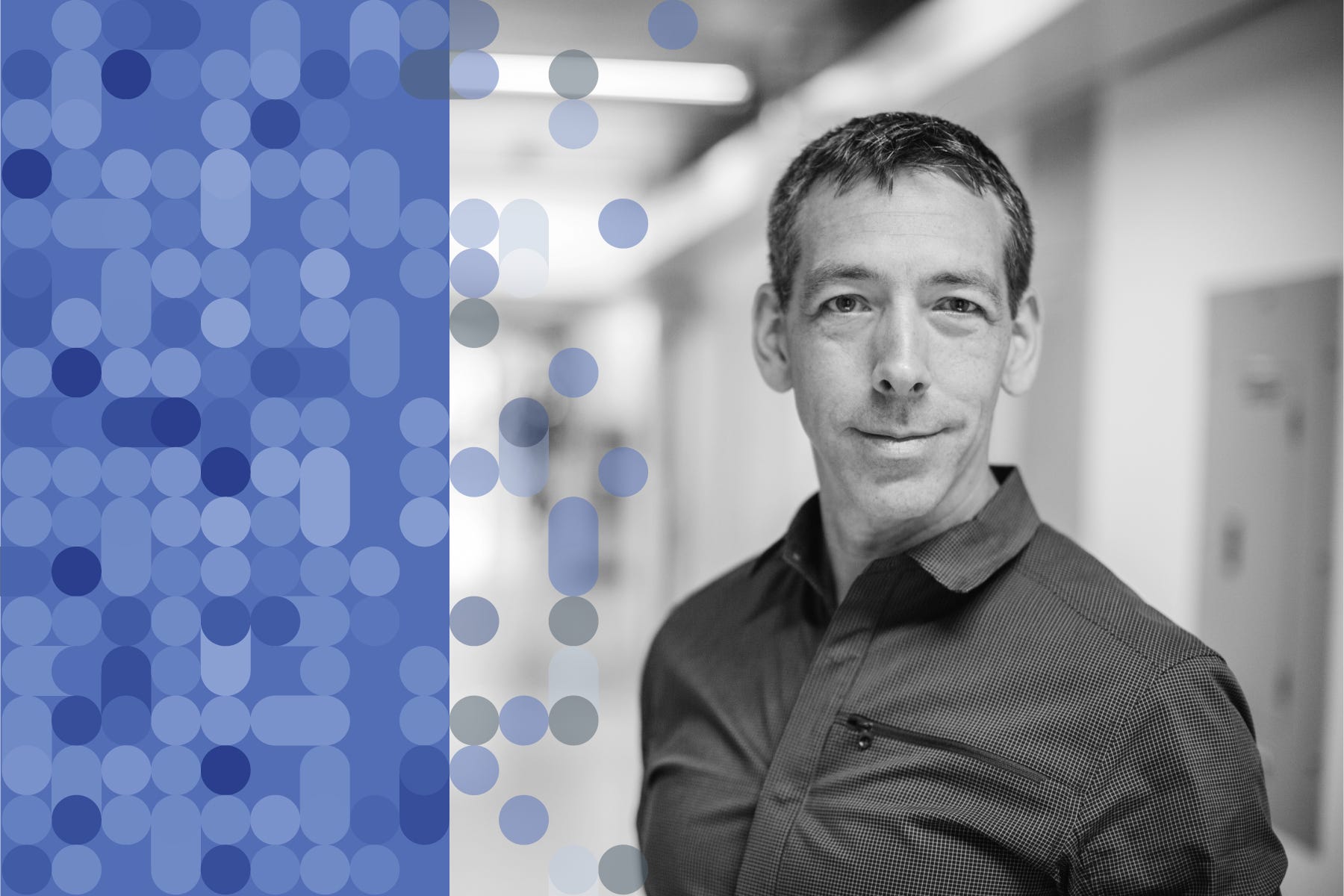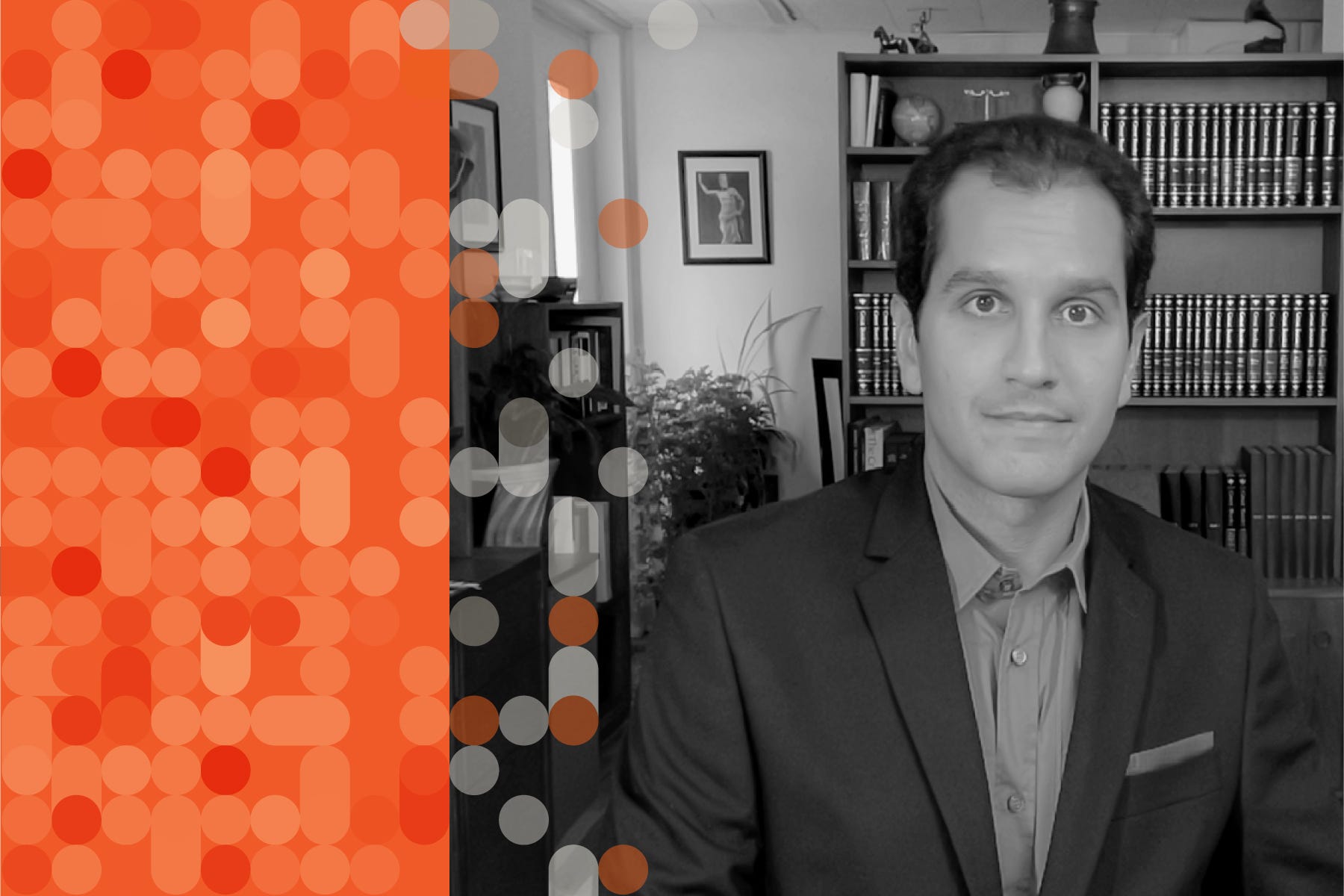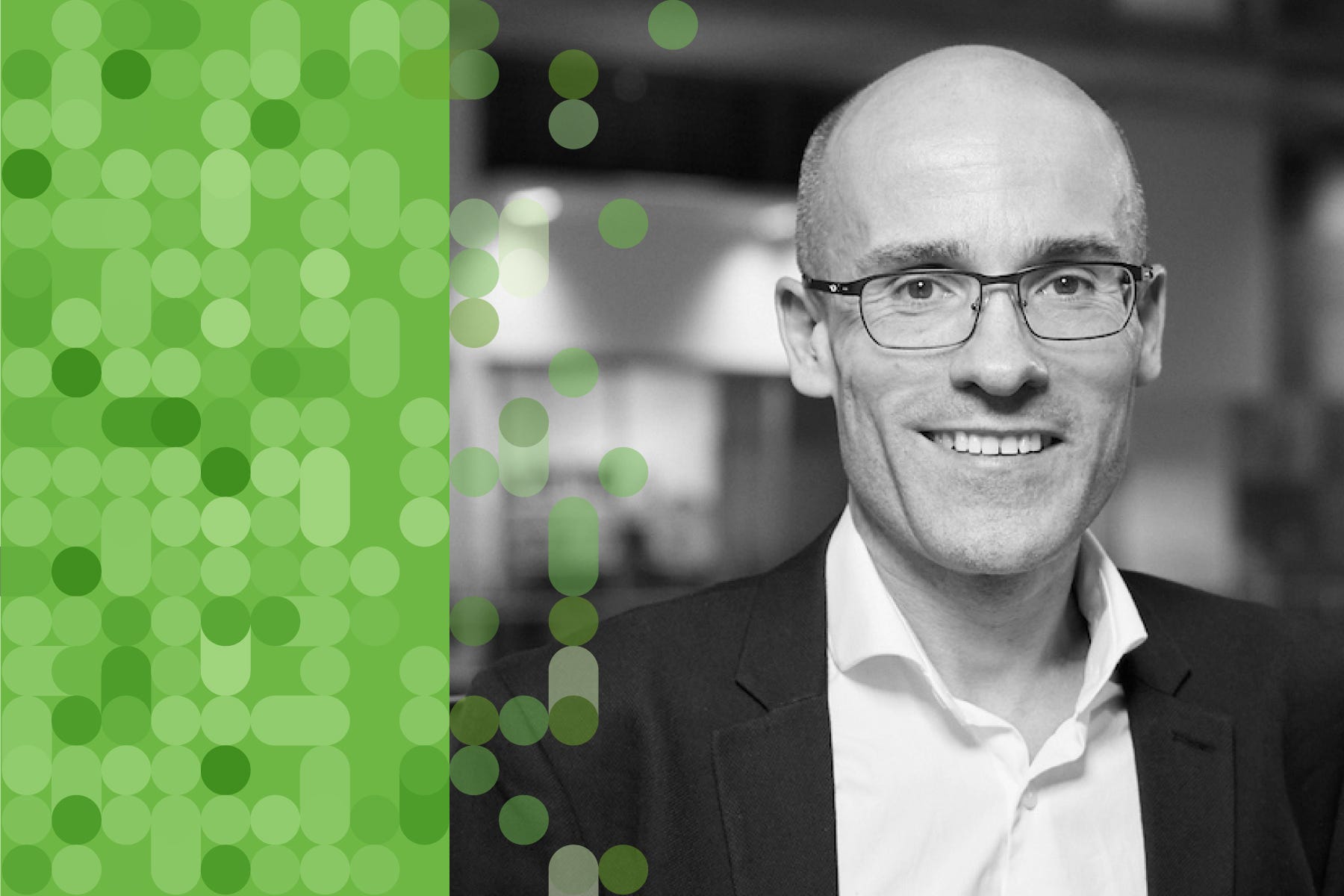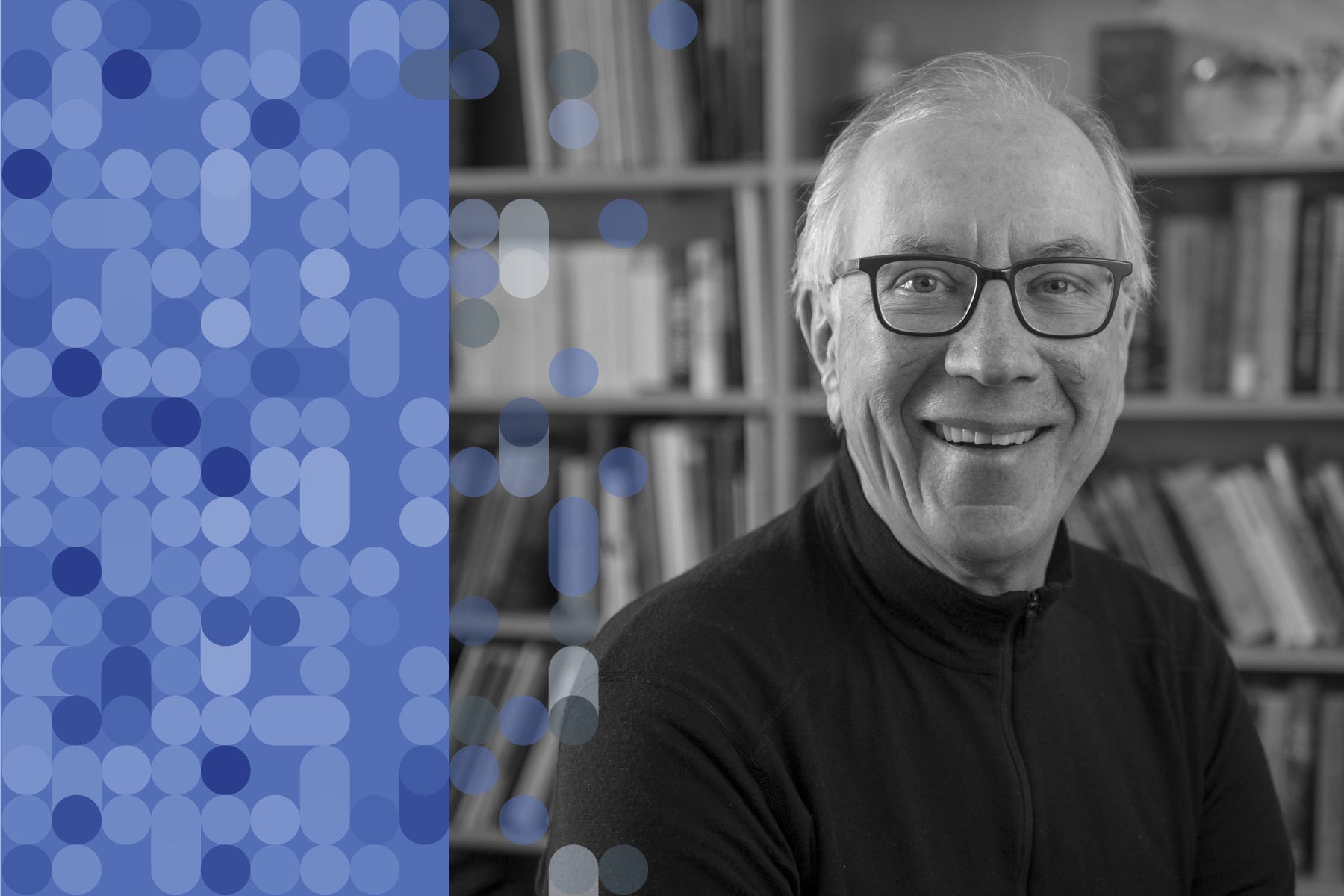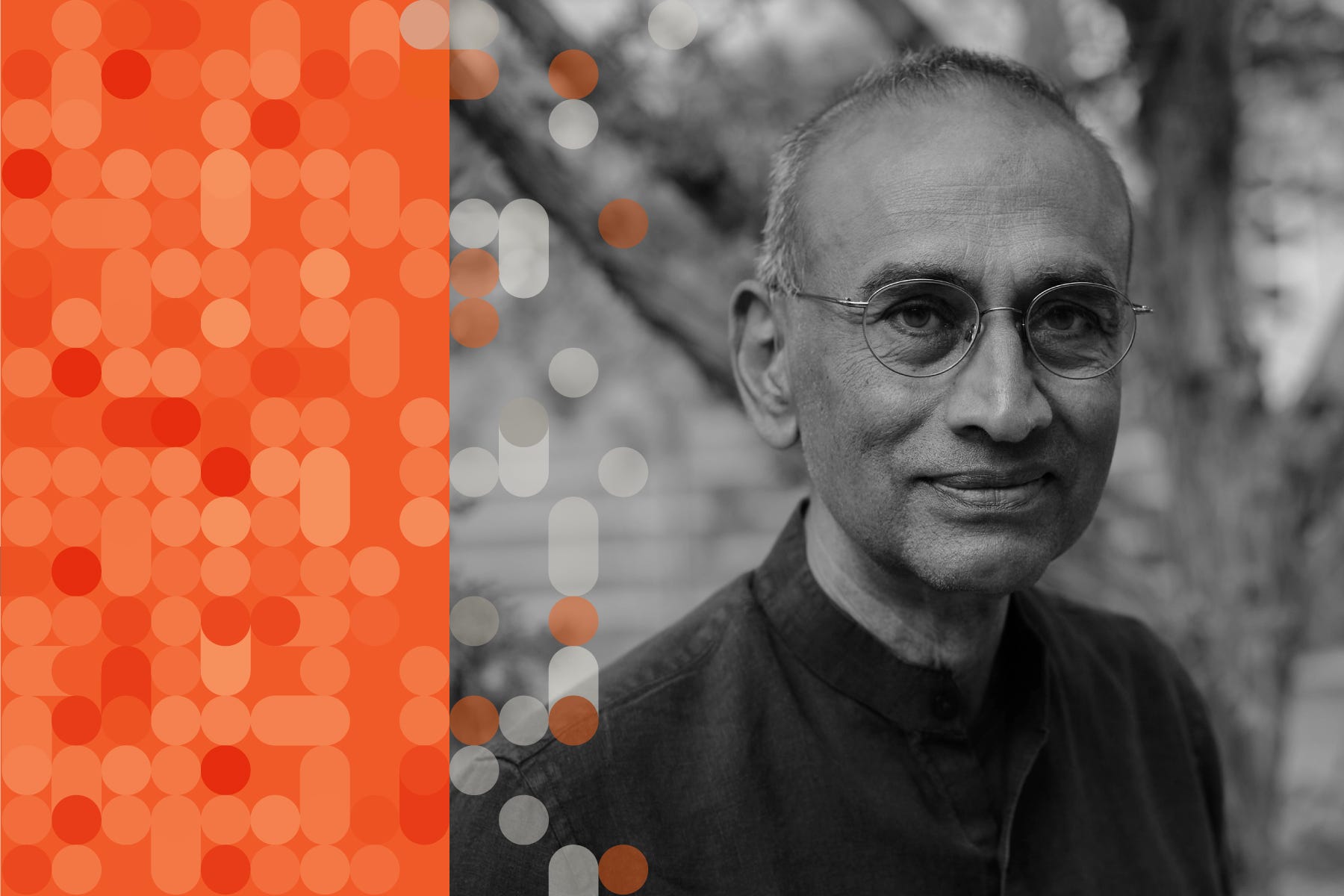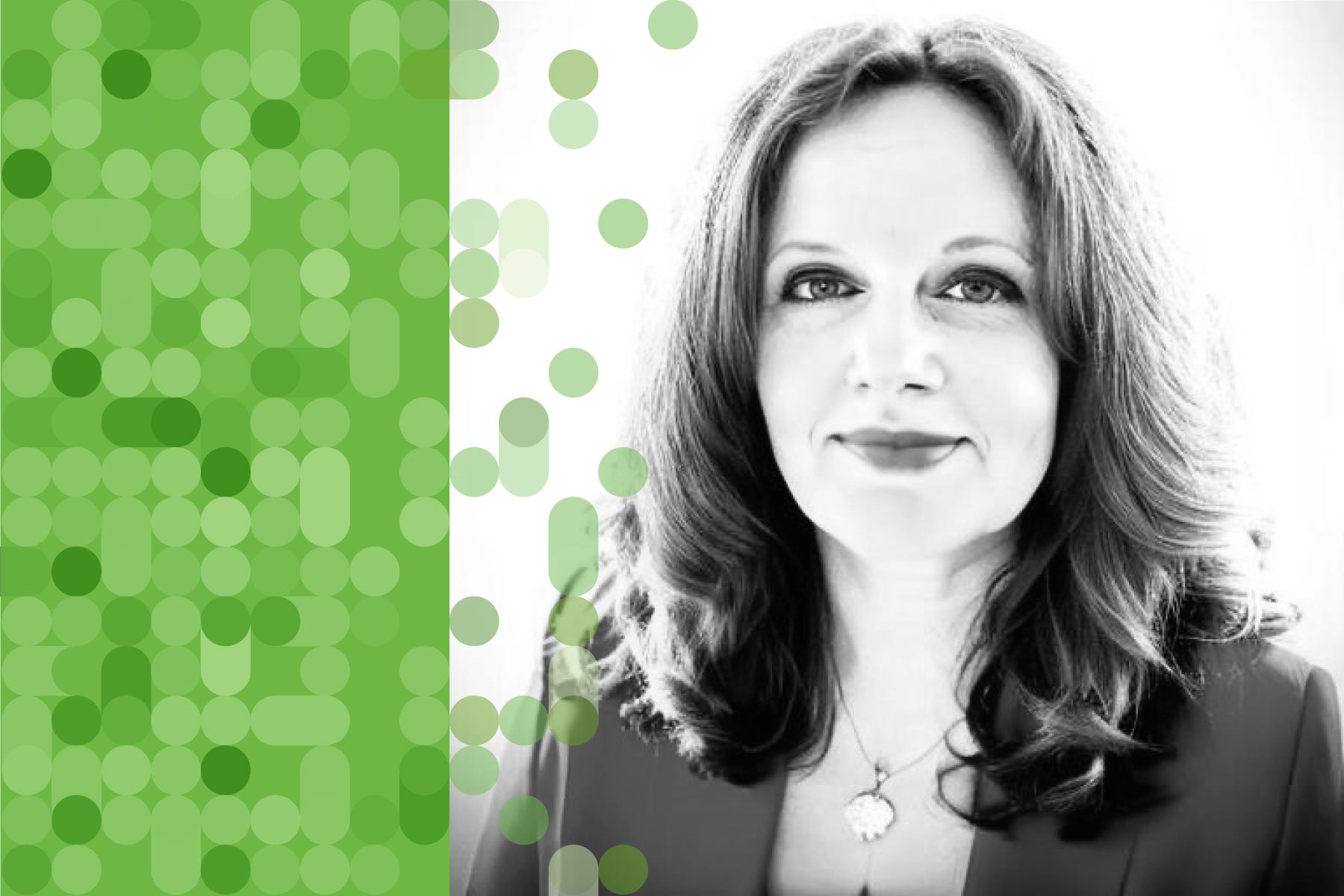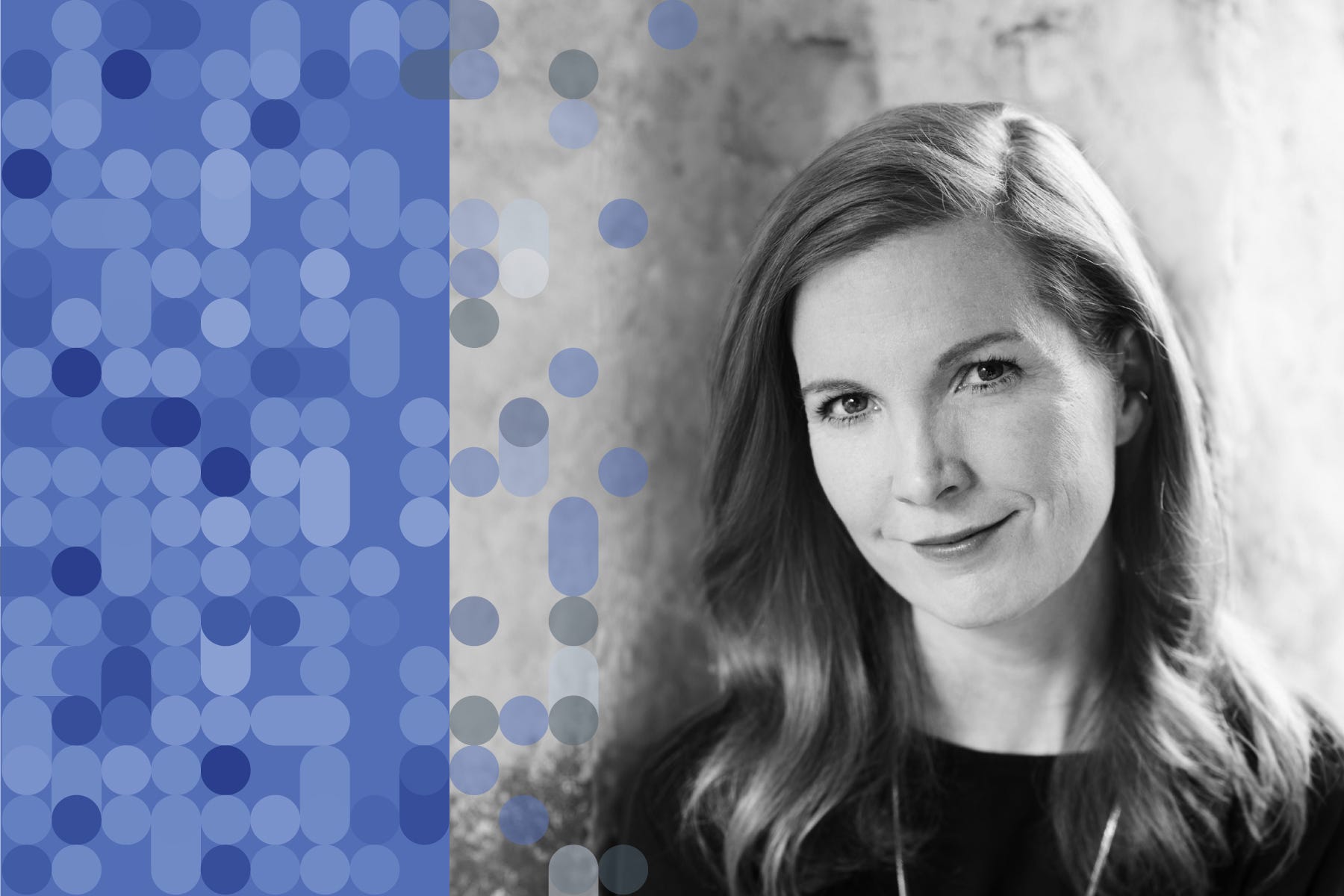Joseph Allen: The Pivotal Importance of Air Quality, Ventilation and Exposures (Such as "Forever Chemicals") For Our Health
Description
Professor Joseph Allen directs the Healthy Buildings Program at Harvard Chan School of Public Health. His expertise extends far beyond what makes buildings healthy. He has been a leading voice and advocate during the Covid pandemic for air quality and ventilation. He coined the term “Forever Chemicals” and has written extensively on this vital topic, no less other important exposures, which we covered In our wide-ranging conversation. You will see how remarkably articulate and passionate Prof Allen is about these issues, along with his optimism for solutions.
A video snippet of our conversation: buildings as the 1st line of defense vs respiratory pathogens. Full videos of all Ground Truths podcasts can be seen on YouTube here. The audios are also available on Apple and Spotify.
Transcript with External Links and Links to Audio
Eric Topol (00:00:06 ):
Well, hello. It's Eric Topol from Ground Truths and I am just delighted to have with me, Joseph Allen from the Harvard School of Public Health, where he directs the Healthy Buildings Program that he founded and does a whole lot more that we're going to get into. So welcome, Joe.
Joseph Allen (00:00:24 ):
Thanks. It's great to be here. I appreciate the invitation.
Joe Allen’s Background As A Detective
Eric Topol (00:00:28 ):
Well, you have been, as I've learned, rocking it for many years long before the pandemic. There's quite a background about you having been a son of a homicide detective, private eye agency, and then you were going to become an FBI agent. And the quote from that in the article that's the Air Investigator is truly a classic. Yeah, you have in there, “I guarantee I'm the only public health student ever to fail an FBI lie detector polygraph in the morning and start graduate school a few hours later.” That's amazing. That's amazing.
Joseph Allen (00:01:29 ):
All right. Well, you've done your deep research apparently. That's good. Yeah, my dad was a homicide detective and I was a private investigator. That's no longer my secret. It's out in the world. And I switched careers and it happened to be the day I took the polygraph at the FBI headquarters in Boston, was the same day I started graduate studies in public health.
Sick vs Healthy Buildings (Pre-Covid)
Eric Topol (00:01:53 ):
Well, you're still a detective and now you're a detective of everything that can hurt us or help us environmentally and my goodness, how grateful we are that you change your career path. I don't know anyone who's had more impact on buildings, on air, and we're going to get into chemicals as well. So if we go back a bit here, you wrote a book before the pandemic, talk about being prescient. It’s called Healthy Buildings: How Indoor Spaces Can Make You Sick - or Keep You Well with John Macomber, your co-author. What was it that gave you the insight to write a book before there was this thing called Covid?
Joseph Allen (00:02:41 ):
Yeah, well, thanks for making the connection too, my past career to current career. For many years, I thought there wasn't a connection, but I agree. There's actually a lot of similarities and I also am really appreciative. I am lucky I found the field of Public Health, it's clearly where I belong. I feel like I belong here. It's a place to make an impact that I want to make in my career. So yeah, the Healthy Buildings book, we started writing years before the pandemic and was largely motivated by, I think what you and others and other people in my field have known, is that buildings have an outsized impact on our health. Yet it's not something that comes to the forefront when you ask people about what matters for their health. Right, I often start presentations by asking people that, what constitutes healthy living? They'll say, I can't smoke, I have to eat well.
(00:03:30 ):
I have to exercise. Maybe they'll say, outdoor pollution’s bad for you. Very few people, if any, will say, well, the air I breathe inside my building matters a lot. And over the years I had started my public health career doing forensic investigations of sick buildings. People really can get sick in buildings. It can be anything from headaches and not being able to concentrate all the way to cancer clusters and people dying because of the building. And I've seen this in my career, and it was quite frustrating because I knew, we all knew how to design and operate buildings in a way that can actually keep people healthy. But I was frustrated like many in my field that it wasn't advancing. In other words, the science was there, but the practice wasn't changing. We were still doing things the wrong way around ventilation, materials we put in our building, and I would lecture over and over and give presentations and I decided I want to try something new.
(00:04:22 ):
I do peer-reviewed science. That's great. I write pieces like you for the public, and I thought we'd try a longer form piece in a book, and it's published by Harvard Press. John Macomber for those who know is a professor at Harvard Business School who's an expert in real estate finance. So he'd been talking about the economic benefits of healthier buildings and some hand waving as he describes around public health. I've been talking about the public health benefits and trying to wave an economic argument. We teamed up to kind of use both of our strengths to, I hope make a compelling case that buildings are good for health and they're also just good business. In other words, try to break down as many barriers as we can to adoption. And then the book was published right as Covid hit.
Indoor Air Quality and Cognition
Eric Topol (00:05:05 ):
Yeah. I mean, it's amazing. I know that typically you have to have a book almost a year ahead to have it in print. So you were way, way ahead of this virus. Now, I'm going to come back to it later, but there were two things beyond the book that are pretty striking about your work. One is that you did all these studies to show with people wearing sensors to show that when the levels of CO2 were high by sensors that their cognition indoors was suffering. Maybe you could just tell us a little bit about these sensors and why aren't we all wearing sensors so that we don't lose whatever cognitive power that we have?
Joseph Allen (00:05:56 ):
Well, yeah. First I think we will start having these air quality sensors. As you know, they're starting to become a lot more popular. But yeah, when I first joined the faculty full-time at Harvard, one of the first studies I conducted with my team was to look at how indoor air quality influences cognitive function. And we performed a double-blind study where we took people, office workers and put them in a typical office setting. And unbeknownst to them, we started changing the air they were breathing in really subtle ways during the day, so they didn't know what we were doing. At the end of the day, we administered an hour and a half long cognitive function battery, and like all studies, we control for things like caffeine intake, baseline cognitive performance, all the other factors we want to account for. And after controlling for those factors in a double-blind study, we see that indoor air quality, minor improvements to indoor air quality led to dramatic increases in cognitive function test scores across domains that people recognize as important for eve

